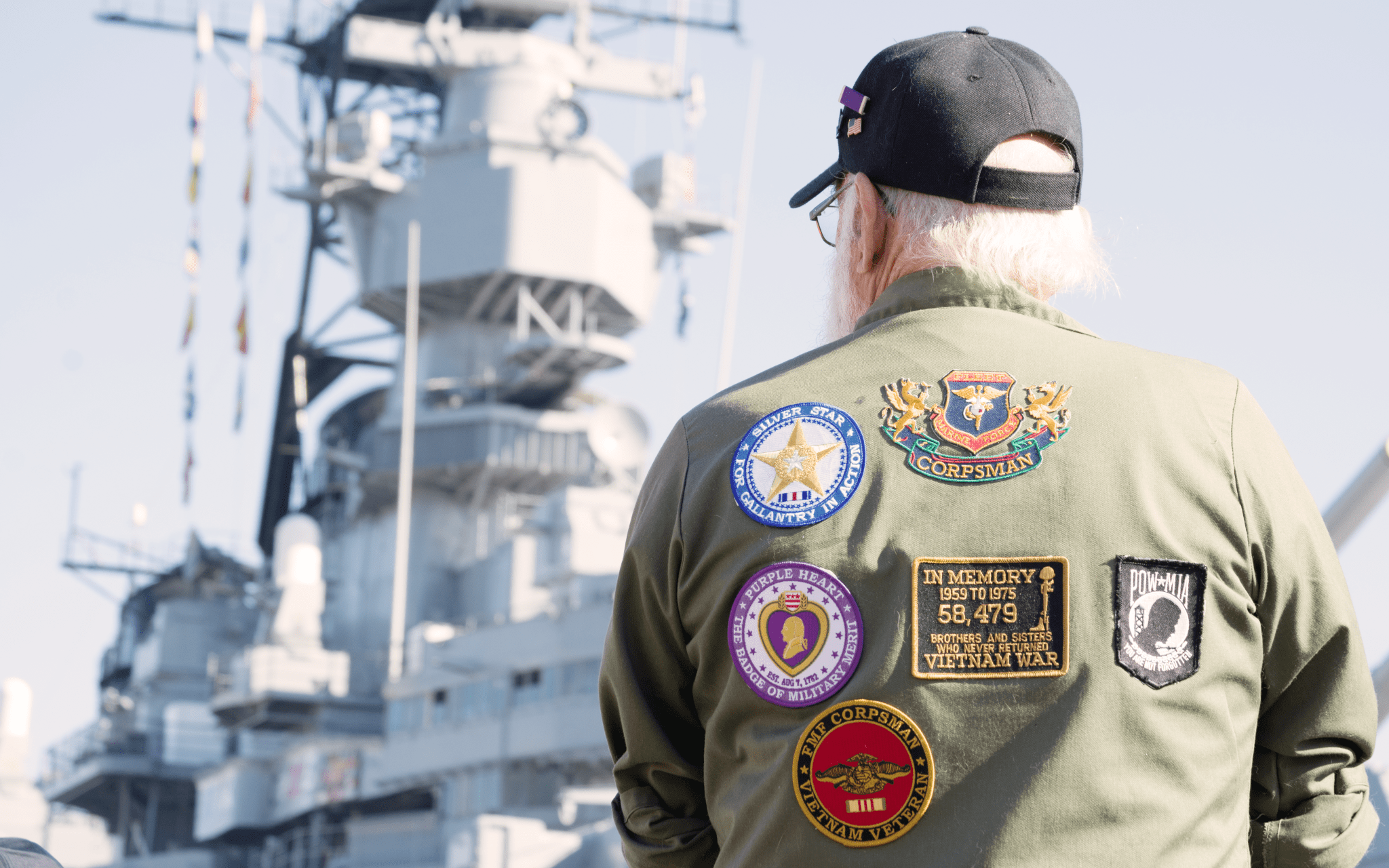Unveiling The Silent Battle: Navy Veterans And Mesothelioma
Navy Veterans Mesothelioma: Understanding the Impact and Seeking Solutions
Mesothelioma, a rare and aggressive form of cancer, has long plagued individuals who were exposed to asbestos. In particular, Navy veterans have been affected at alarming rates due to the extensive use of asbestos on ships and other naval vessels. Understanding the impact of mesothelioma on Navy veterans is crucial in finding solutions to address this devastating disease.
Mesothelioma is a type of cancer that affects the mesothelium, a protective lining that covers most of the body’s internal organs. Navy veterans who served during the mid-20th century are at a higher risk of developing mesothelioma due to the widespread use of asbestos in various naval applications. Asbestos was highly valued for its heat resistance and insulating properties, making it a common ingredient in the construction of ships, boilers, and other military equipment.

The inhalation or ingestion of asbestos fibers can lead to their accumulation in the lining of the lungs, abdomen, or heart, causing inflammation and scarring over time. These accumulated fibers can eventually trigger the development of mesothelioma, often decades after the initial exposure occurred. Unfortunately, Navy veterans who served on ships or worked in shipyards were frequently exposed to high levels of asbestos, putting them at significant risk.
Diagnosing mesothelioma in Navy veterans can be challenging due to the long latency period between exposure and the manifestation of symptoms. Common symptoms of mesothelioma include chest pain, persistent cough, shortness of breath, fatigue, and unexplained weight loss. However, these symptoms can also be associated with other conditions, leading to delayed or misdiagnosis.

When a Navy veteran receives a mesothelioma diagnosis, it is crucial to seek immediate medical attention and explore the available treatment options. The treatment for mesothelioma often involves a multidisciplinary approach, including surgery, chemotherapy, and radiation therapy. However, the effectiveness of these treatments depends on various factors such as the stage of the disease, overall health, and individual response to treatment.
While mesothelioma prognosis can be challenging, advancements in medical research and treatment options provide hope for Navy veterans facing this disease. Clinical trials and innovative therapies are continuously being developed to improve outcomes and enhance the quality of life for mesothelioma patients.

Seeking legal assistance is also crucial for Navy veterans diagnosed with mesothelioma. Asbestos exposure in the Navy was often a result of negligence on the part of manufacturers and suppliers who failed to warn about the dangers of asbestos. Filing a mesothelioma lawsuit can help veterans obtain compensation to cover medical expenses, lost wages, and other damages resulting from their asbestos-related illness.
In conclusion, the impact of mesothelioma on Navy veterans is a serious and pressing issue. The extensive use of asbestos in naval applications has exposed many veterans to the risk of developing this aggressive form of cancer. Understanding the causes, symptoms, and available treatment options for mesothelioma is essential in providing support and solutions for Navy veterans affected by this devastating disease.
Frequently Asked Questions (FAQs)
1. How long does it take for mesothelioma to develop after asbestos exposure?
The latency period for mesothelioma can range from 20 to 50 years after asbestos exposure. It is crucial to be aware of the potential risks and seek medical attention if you have a history of asbestos exposure.
2. Are all Navy veterans who were exposed to asbestos at risk of developing mesothelioma?
While all Navy veterans who were exposed to asbestos are at an increased risk, not everyone will develop mesothelioma. Individual susceptibility depends on various factors such as the duration and intensity of exposure, as well as personal health factors.
3. Can mesothelioma be cured?
Currently, there is no known cure for mesothelioma. However, advancements in medical research and treatment options have improved outcomes and extended survival rates for some patients. Early detection and a comprehensive treatment approach offer the best chances for a positive outcome.
4. How can I find legal assistance for filing a mesothelioma lawsuit?
Many law firms specialize in mesothelioma cases and offer free consultations to evaluate your situation. It is important to seek legal advice from experienced attorneys who understand the complexities of asbestos-related claims.
5. What can be done to prevent mesothelioma in Navy veterans?
Prevention of mesothelioma in Navy veterans involves strict adherence to safety regulations, proper training on handling asbestos-containing materials, and the use of protective gear. Additionally, ongoing research and advocacy for safer alternatives to asbestos are essential in preventing future cases of mesothelioma.
Post a Comment for "Unveiling The Silent Battle: Navy Veterans And Mesothelioma"